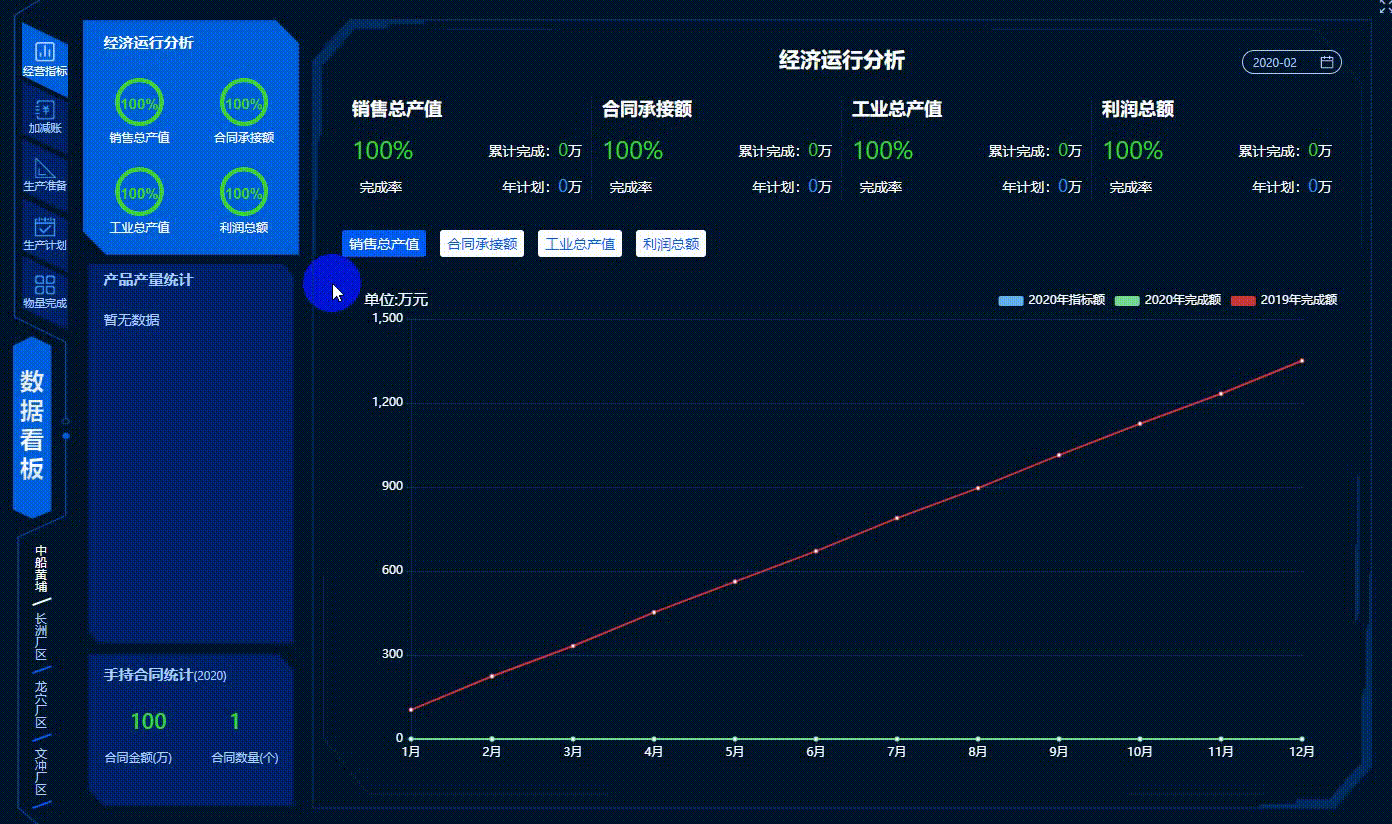背景
自从使用react hook后,基本上数据都封在了hook内部,或者是通过props来进行传递,无独有偶,在我做看板可视化的时候,我把看板设计成了两层tab的结构,意味着两层路由的情况,数据的内容有交叉,也无法通过props来传递,同使时每次路由切换意味着数据的重新加载,这时候就想到组件通信的第三种方式 第三方状态管理
常用的第三方状态管理 比如 redux mobx
就在我纠结于要选哪个的时候, 我看到了…

React.createContext useContext useReducer是 React 16.8 引入的新 API
React.createContext
React.createContext: 返回一个上下文对象,里面包含一个Provider组件,使用这个组件可以解决旧Context无法订阅上下文变化的问题
首先创建Context
import React from 'react';
export const initValue:{
[props: string]: []
} = {
running: [],
product: [],
handle: [],
cache: {}
}
export default React.createContext(initValue)
在上层组件使用Porvider订阅上下文
<Context.Provider value={[store, dispatch]}>
<MyComponent />
<Switch>
<Route path={`${match.url}/product`} component={ProductAsync} />
<Route path={`${match.url}/handle`} component={HandleAsync} />
<Route path={`${match.url}/running`} component={RunningAsync} />
<Redirect from={match.url} to={`${match.url}/product`} />
</Switch>
</Context.Provider>
这里 MyComponent 和兄弟路由可以通过获取Context来共享store,和触发dispatch
useReducer
useReducer:主要实现简单的store 和 dispatch,也是useState的底层实现。
具体使用如下:const [state, dispatch] = useReducer(reducer, initialArg, init);
这里的reducer也和我们平时写的reducer一样
const [store, dispatch] = useReducer(function (state: any, action: any) {
switch(action.type) {
case 'updateStore': return { ...state, [action.key]: action.data };
case 'getAsyncRuning': _getAsyncRuning(action); return state;
case 'getAsyncProduct': _getAsyncProduct(action); return state;
case 'updateCache': return {...state, cache: action.data};
default: throw new Error('Unexpected action');
}
}, initValue);
每次调用dispatch会返回最新的store.
const _getAsyncHand = async() => {
const data = await api.get('/ssmp-customized/api/board/board_hand', {params: { companyId: '' }})
.then(({data}: any) => data.data);
dispatch({type: 'updateStore', data, key:'handle' })
}
这里经过测试,发现直接把reducer放在useReducer里面会触发两次dispatch, Stack Overflow上也发现很多人出现了这个问题,原因其实也是和我们hook的特性,或者说是函数组件有关,每次更新状态会重新执行函数组件,包括我们的function reducer,usereducer不知道这个reducer是否是有变化,所以useReducer 的dispatchAction会重新触发
解决方案
const reducer = useRef(function (state: any, action: any) {
switch(action.type) {
case 'updateStore': return { ...state, [action.key]: action.data };
case 'getAsyncRuning': _getAsyncRuning(action); return state;
case 'getAsyncProduct': _getAsyncProduct(action); return state;
case 'updateCache': return {...state, cache: action.data};
default: throw new Error('Unexpected action');
}
});
万能的useRef用来缓存reducer;
useContext
useContext:可访问全局状态,避免一层层的传递状态
在目标组件内使用
const [store = { running: [], cache: {} }, dispatch] = useContext(Context);
最后效果
 所有数据由上层路由管理,实现了数据的共享,切换路由也可以直接由store中提取缓存数据,响应速度和用户体验都有了大的提升
所有数据由上层路由管理,实现了数据的共享,切换路由也可以直接由store中提取缓存数据,响应速度和用户体验都有了大的提升

This work is licensed under a CC A-S 4.0 International License.